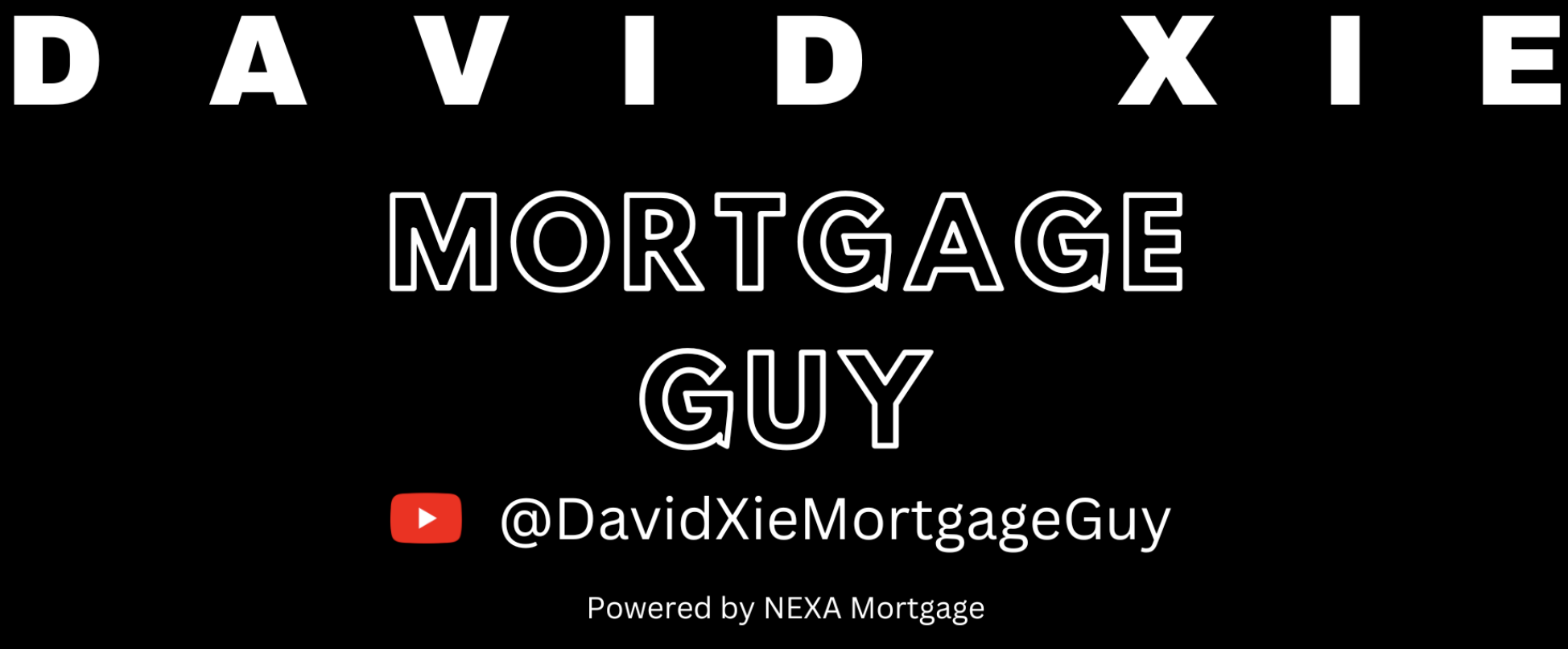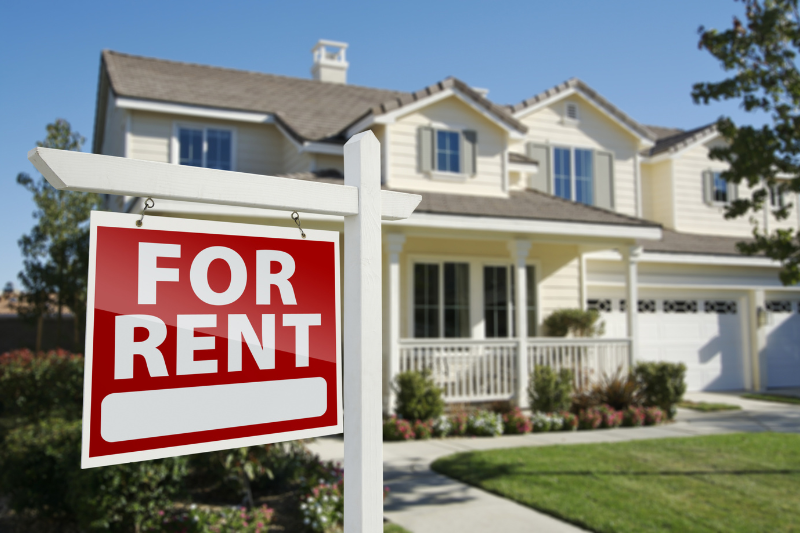When buying a home, it’s easy to focus solely on the purchase price, but there…
What’s the Deal with Raising Rent?
Understanding Rent Increases: Key Considerations for Tenants and Landlords
Whether you are a renter or a landlord, you’ve likely pondered the topic of rent increases and wondered if adjusting the rent is the right decision for your specific situation. Understanding both sides of the equation can help you make informed decisions that align with your financial goals and living conditions.
There are a few questions on both ends to consider when you think about raising rent.
Dealing With Rising Rent as a Tenant
Rent is typically charged on a monthly basis to live in a house, townhouse, apartment, or other residential setting. The rental amount is usually established when you sign a rental agreement or lease, and this amount should not increase during the term of the lease. However, once the lease term concludes, the landlord or property manager has the discretion to raise the rent. This practice is not uncommon and often reflects the rising cost of living in your area.
When housing prices increase overall, it is quite likely that your rent will follow suit. Some landlords may impose a cap on how much they will raise the rent each year, often not exceeding 10% annually. Some areas implement rent control laws to limit rent increases, protect tenants, and prevent excessive hikes in high-cost regions. These laws help stabilize rental markets and ensure that tenants are not faced with sudden, unaffordable rent increases.
Dealing With Rising Rent as a Landlord
As a landlord, you have the flexibility to set the rent for your property at any amount and to increase it as you see fit, provided that the increase does not occur during a fixed lease term. However, there are several key considerations to keep in mind when deciding to raise rent.
Firstly, evaluate what is typical rent for your area and type of property. If you set the rent too high compared to similar properties in the neighborhood, you may encounter difficulties finding a tenant who is willing to meet your asking price. An unoccupied property means no rental income, which can impact your financial stability. To avoid this, consider working with a knowledgeable property manager who can help you determine a competitive rent rate based on current market conditions.
Secondly, assess whether you have made any recent improvements to the property. For instance, if you previously charged $1,200 per month. But have since added a pool, a fenced-in backyard, or other valuable amenities, you may be justified in increasing the rent. Prepare for tenants potentially leaving if the new rent exceeds their budget or if they don’t find the improvements beneficial. It is essential to balance the added value of your property improvements with the impact on tenant retention.
In summary, both tenants and landlords must carefully consider various factors when dealing with rising rents. Tenants should be aware of their lease terms and any local rent control regulations that may protect them from steep increases. Meanwhile, landlords must evaluate market rates and property enhancements to set reasonable and competitive rent prices. By addressing these considerations, both parties can navigate the complexities of rent adjustments more effectively.





